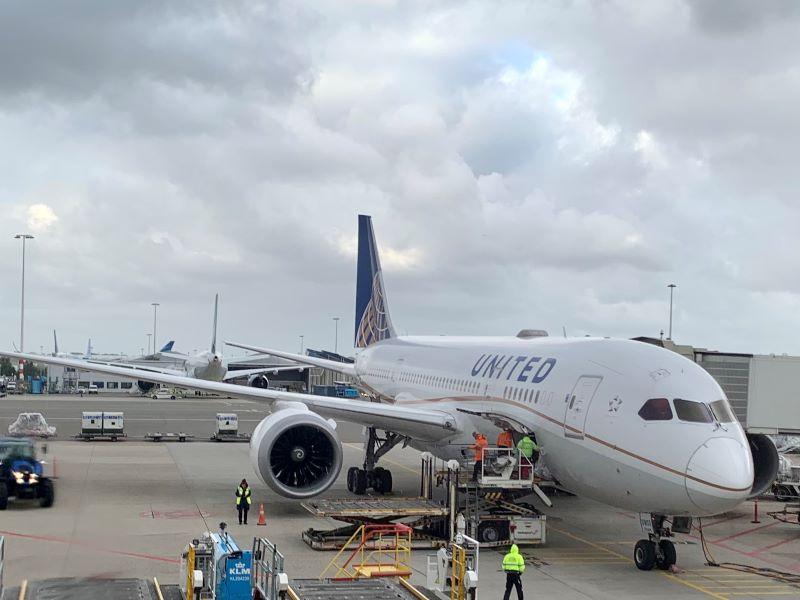
Credit: Sean Broderick / AWST
The U.S. FAA is giving operators three years to replace decompression panels on certain Boeing 787s, changing the original draft order to limit the affected aircraft to a subset flagged by the manufacturer. Under an airworthiness directive (AD) set for publication May 16, operators of a subset of...
Subscription Required
This content requires a subscription to one of the Aviation Week Intelligence Network (AWIN) bundles.
Schedule a demo today to find out how you can access this content and similar content related to your area of the global aviation industry.
Already an AWIN subscriber? Login
Did you know? Aviation Week has won top honors multiple times in the Jesse H. Neal National Business Journalism Awards, the business-to-business media equivalent of the Pulitzer Prizes.





